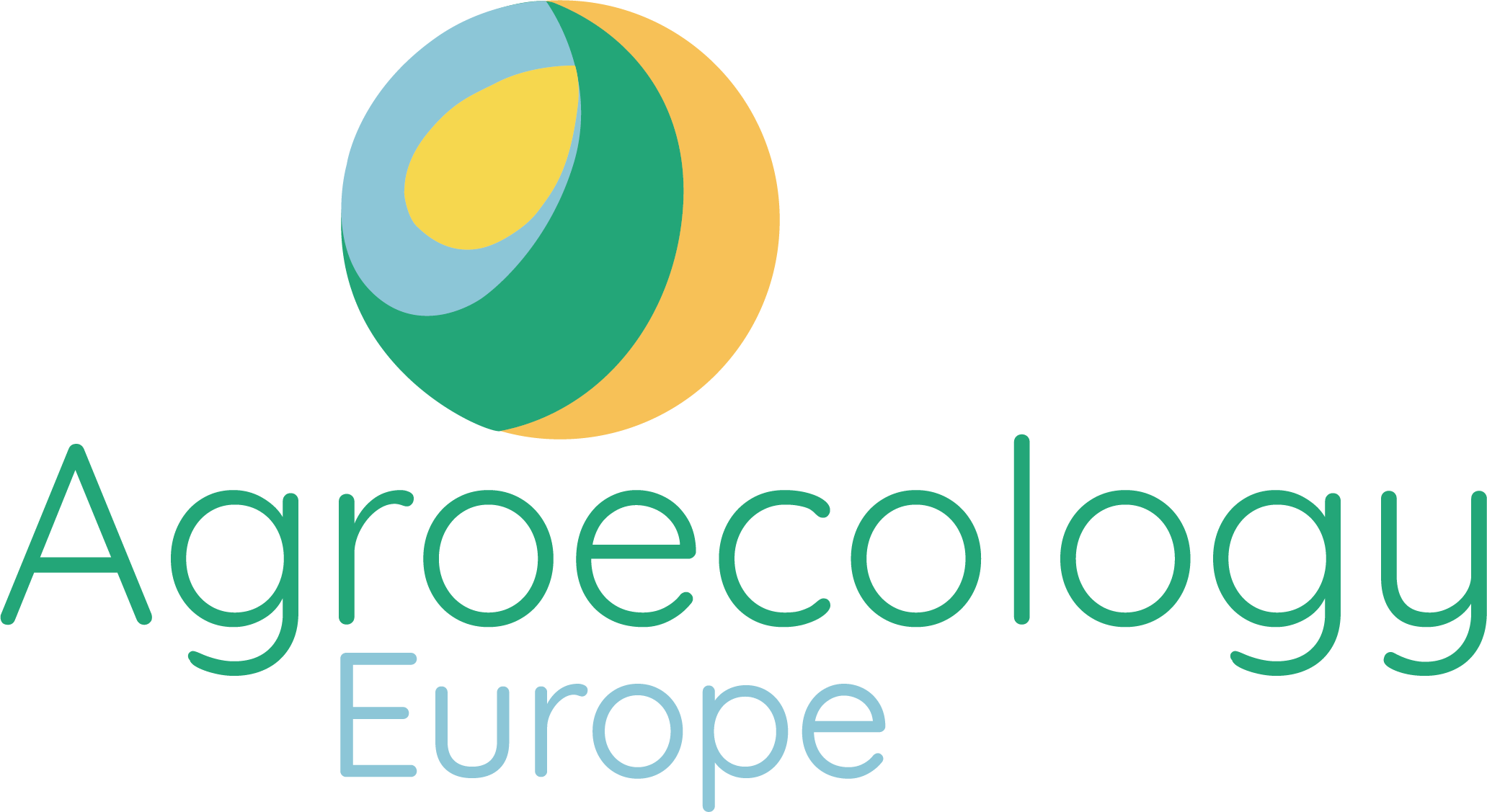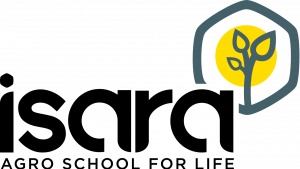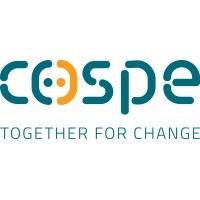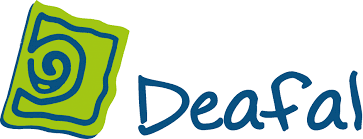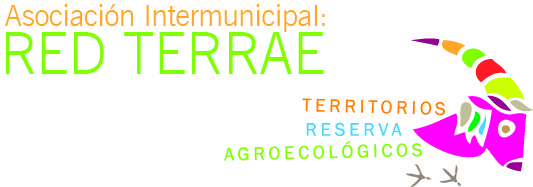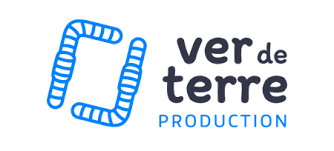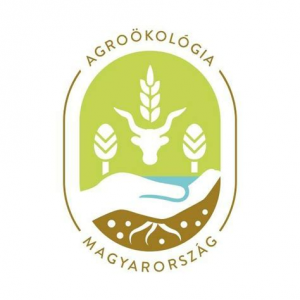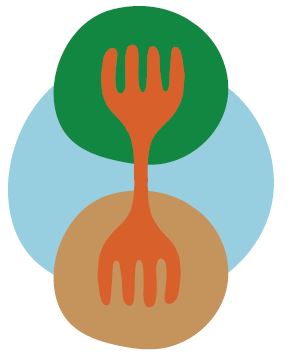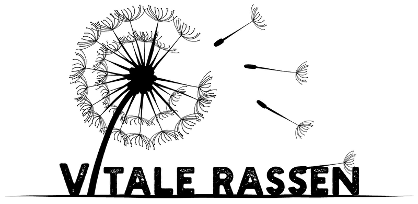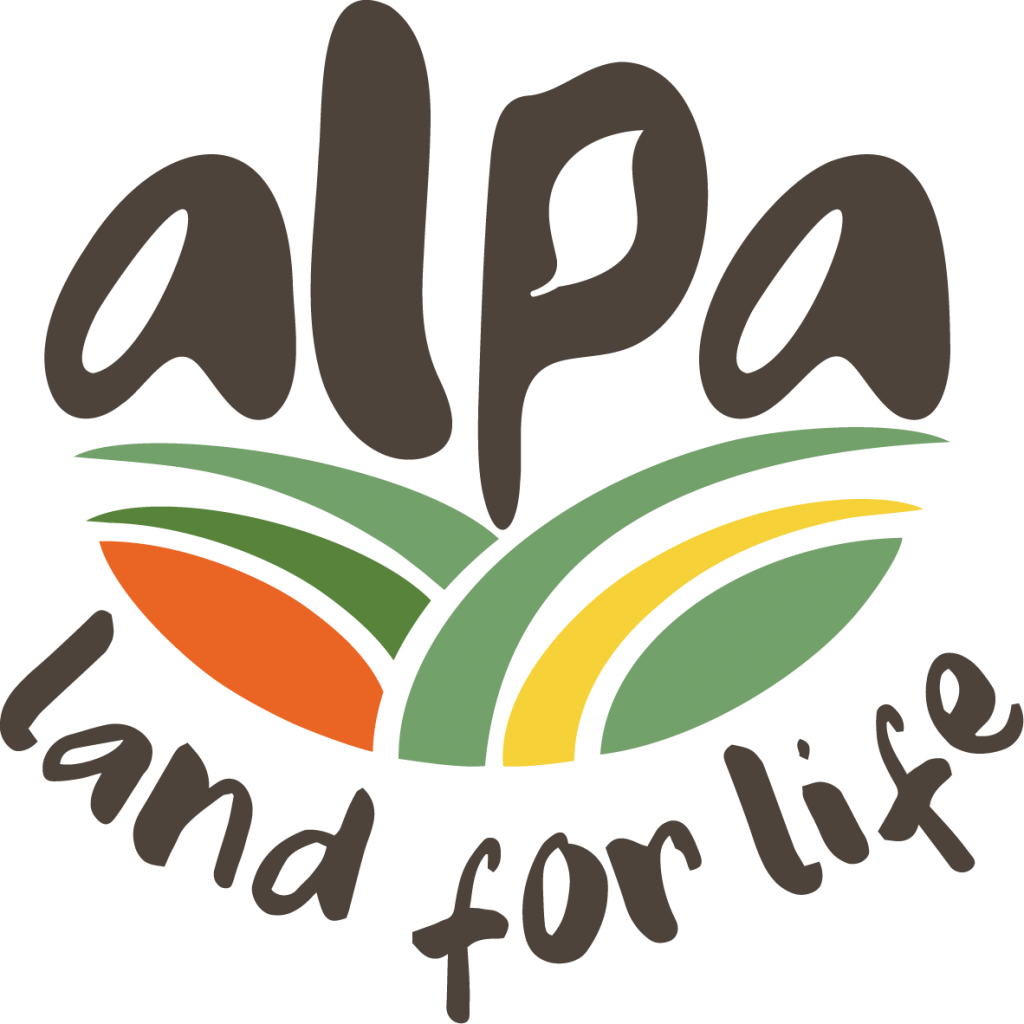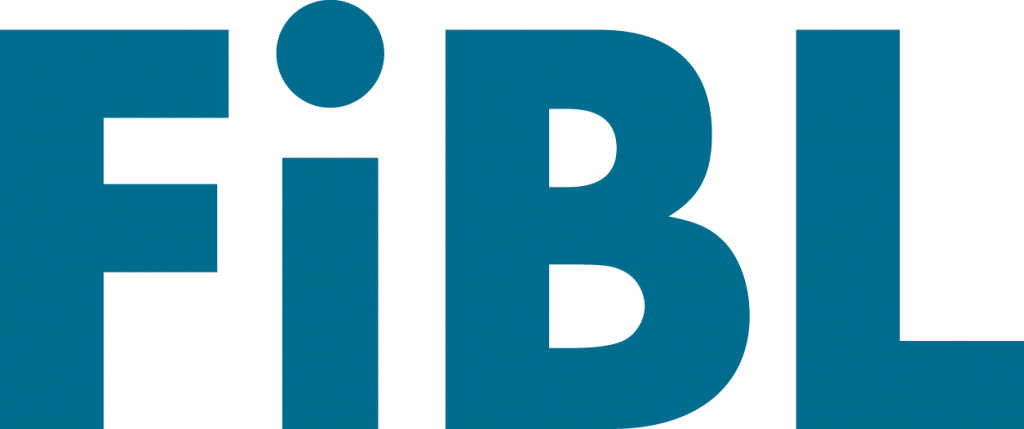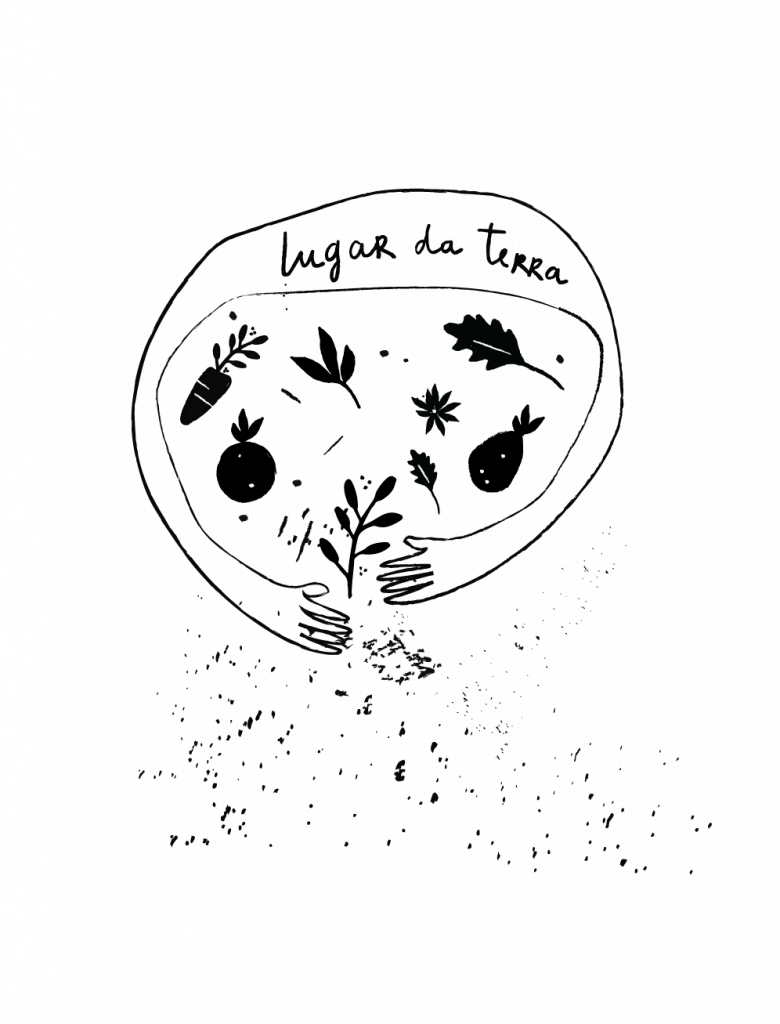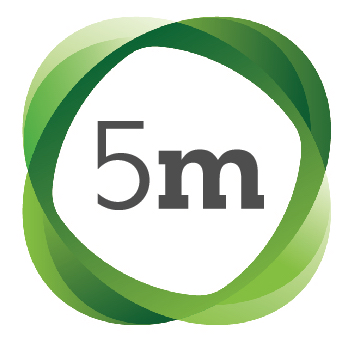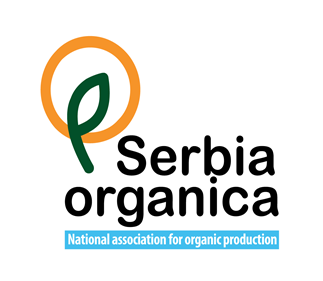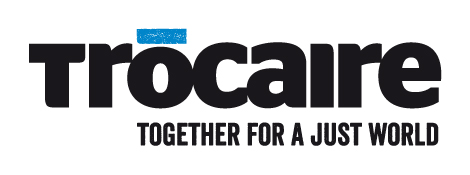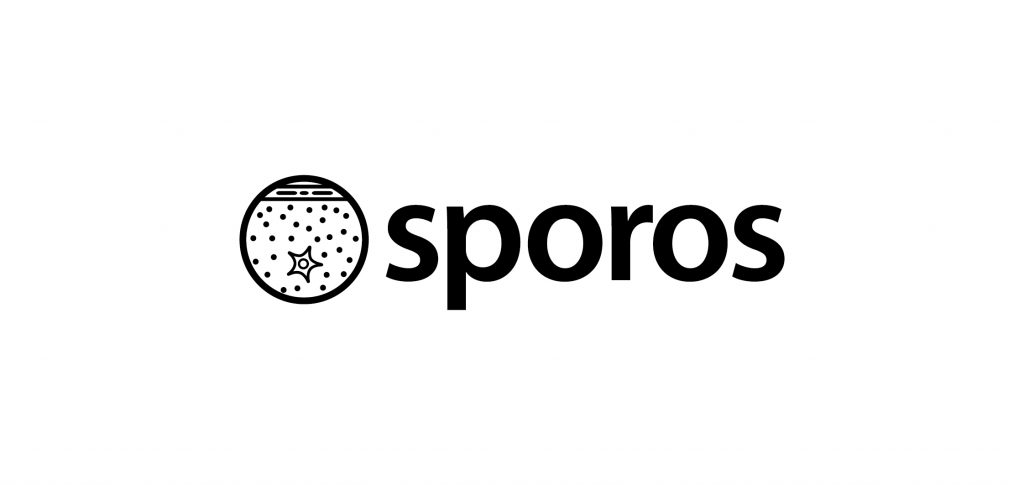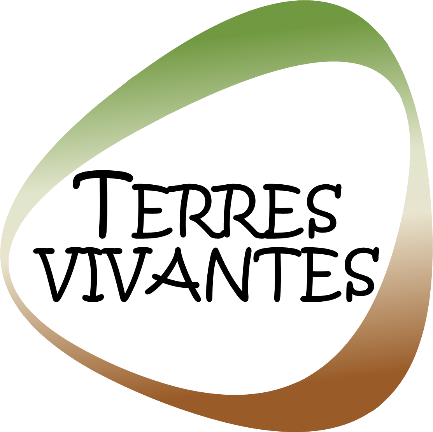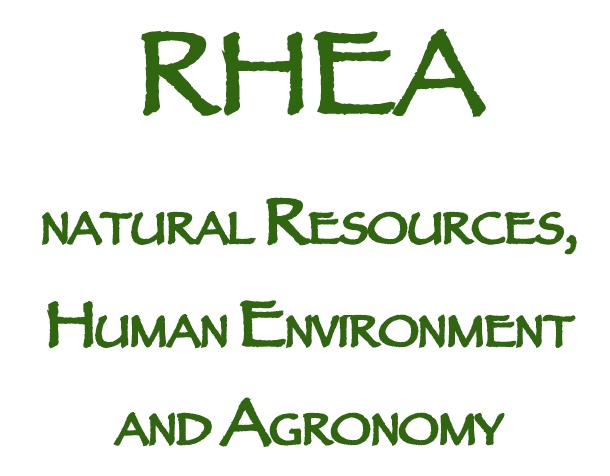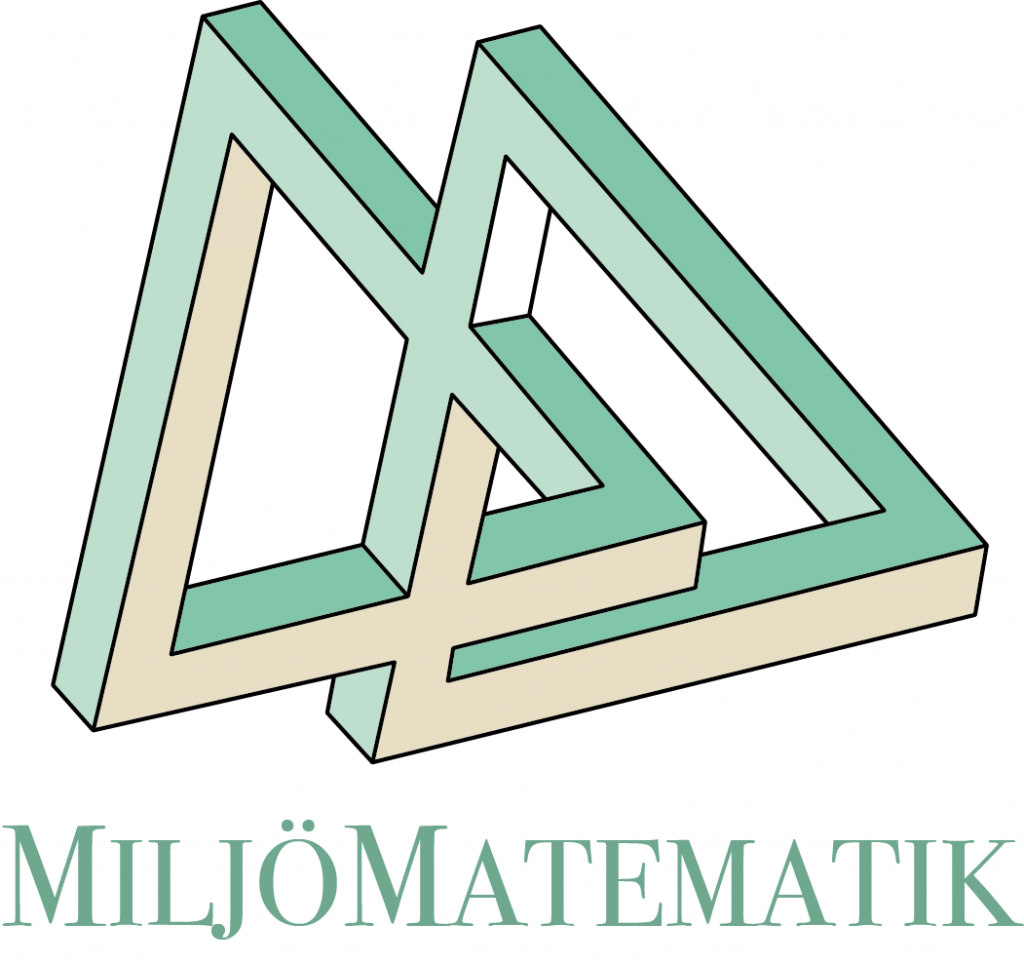Meet our members!
These are the individuals, groups, associations, and institutions promoting agroecology.
Agroecology Europe membership is open to all individuals, groups, associations, and institutions interested in promoting agroecology.
AEEU aims to define its agenda through the participatory engagement of its individual and organisational members. Among the several objectives and activities of the Association, there are diverse possibilities for members to participate and become active.
our member organisations
Click the logos to visit their website and learn more!
ISARA is an engineering School for agricultural, food and environmental sciences based in Lyon and Avignon in France. It is shaping its national and international presence in agroecology and sustainable food systems through the establishment of a center of excellence encompassing education, research, and expertise.
COSPE is a non-profit association promoting international cooperation, operating in Italy and 25 other countries in Europe, Africa, the Mediterranean and Latin America. COSPE is committed to the transition towards a world of peace, with more rights, more social and environmental justice, under the banner of gender equality, where diversity is recognised as the most precious asset.
Pesticide Action Netowrk (PAN Europe) is a network of NGOs based in Brussels, Belgium working to reduce the use of hazardous pesticides and have them replaced with ecologically sound alternatives. The network works to eliminate dependency on chemical pesticides and to support safe sustainable pest control methods. It brings together over 45 consumer, public health and environmental organisations and women’s groups from across Europe.
Rete Semi Rurali is an italian network composed of 34 organizations. Its aim is to support, facilitate, and promote contact, dialogue, exchange, and the sharing of information and initiatives among those who uphold the values of diversity and oppose what leads to erosion and loss of diversity. The Network promotes a collective management of agrobiodiversity, crucial for achieving the ecological transition of our economic and production model.
Deafal (European Delegation for Family Farming in Asia, Africa and Latin America) is a non-profit Non-Governmental Organization based in Italy. Deafal envisions soil regeneration as a means to rejuvenate societies, emphasizing the importance of recognizing human dignity and harmonious rural-urban interaction. Their mission involves promoting diversity through national and international cooperation and advancing innovative methods in agronomy, economics, and social fields to produce accessible, healthy food and foster a fairer society.
Agroecology Works!, the Swiss Network for Agroecology, brings together stakeholders from practice, science, politics and civil society in Switzerland to establish agroecology as a model for the sustainable and comprehensive transformation of our food system. The association focuses its activities on raising public awareness about agroecology and changing the political framework in Switzerland and serves as a platform for exchange and dialogue.
By sharing agroecology both in the North and the South, the french association Terre et Humanisme engages in training and raising awareness among actors of small-scale agriculture and the general public to support and promote the agroecological transition. Because agroecology is cultivated together to succeed in the transition, Terre & Humanisme reaches out to both individuals and professionals, relying on a strong network of partners and agroecology facilitators in France and internationally.
The Agroecological Network of Greece (Agroecology Greece) consists a network and a platform aiming to promote Agroecology as a science, practice and movement, in Greek. Its purpose is to network agricultural scientists/trainers, in order to exchange information, knowledge & research that will familiarize the principles and framework of agroecology in Greece and promote the transition of food production systems towards a truly sustainable form, integrating food sovereignty and security principles.
The INTERMUNICIPAL ASSOCIATION: AGROECOLOGICAL RESERVE TERRITORIES NETWORK, “TERRAE NETWORK,” is a Spanish non-profit organization, which is representative for all public and private entities and stakeholders promoting the sustainable, environmental, and agroecological development within the association’s scope of action. It drives initiatives in the realms of sustainable development, biodiversity, and climate change.
The University of Gastronomic Sciences, born and promoted in 2004 by the Slow Food association in collaboration with the Piedmont and Emilia-Romagna regional authorities, is a private university legally recognized by the Italian state. Here we turn out gastronomes, people equipped with knowledge and skills in the agricultural and food sector, capable of driving food production, distribution and consumption towards proper, viable choices and helping to create a sustainable future for the planet. Our graduates and postgraduates are employed in the artisan and industrial agri-food production sector, in small, medium and large distribution, in the tourist sector, in food education, and in non-government agencies and organisations. Many have also become entrepreneurs working on individual projects. We offer a Master in Agroecology & Food Sovereignty and several other courses on the topics.
Toekomstboeren is a farmers organisation from the Netherlands who is growing and flourishing network of farmers for the future. Amongst them are agricultural newcomers, as well as established farmers who are exploring new ways of farming. They are pioneers in new models and methods, such as community supported agriculture, permaculture and growing special breeds and varieties. They work in harmony with people and nature to practice agriculture and create food systems which benefit both farmers and citizens alike.
Ver de Terre Production is an organization for training, research and development, and knowledge dissemination based in France. Ver de terre production works for farmers by creating high-quality training materials designed in collaboration with agronomists in agroecology. Ver de Terre production strives to spread knowledge freely so that everyone can acquire the agronomic fundamentals and initiate the gradual change of their practices, regardless of their background, farm size, or life philosophy.
TheAgricult based in Italy focuses on facilitating the agri-food transition and advocating for the integration of technological innovation, purposeful investments, and financing to ensure successful implementation and change. While the necessity for transformation is evident, addressing the complexity of global food systems requires a supportive functional economy conducive to achieving sustainability, health, and prosperity. A new paradigm for the agri-food economy is essential, and both the entrepreneurs and public & private funding institutions can significantly contribute to its realization. TheAgricult aims to meet these challenges by introducing two flagship initiatives: “Inform to Finance” and “Inform to Change.”
We are interested in gathering information, networking, learning experiences, improving our knowledge, and providing support to initiatives.
PERMA-PROJECTS is a Belgian organisation aiming to to initiate and support permaculture and agroecology projects in Belgium, starting with the launch of two micro-farms: La Ferme Agroécologique de la Préale in Condroz and La Ferme Agroécologique de la Papelotte in Waterloo, near Brussels. On each of these micro-farms, several projects related to market gardening, seed production, herbalism, processing, training, and workshops are already underway.
INTER-BIO is an inter-professional branch organization for organic and agroecology food systems. INTER-BIO members decided to associate in order to contribute to the sustainable development and promotion of organic agri-food sector and principles of agroecology in Romania.
Open Farm brings together more than 300 farms across Greece. Those farms, in addition to producing excellent, quality agricultural products, also offer education, experiential experience, hospitality and leisure. Open Farm designs and implements a variety of educational programs for schools, organizations and the public in the city, in order to inform citizens (young and old) about concepts related to Healthy Eating, the Environment and our Health, through raising awareness of the need for immediate transition in Sustainable Agro-Food Production and Consumption Systems.
The Hungarian Agroecology Network Association is a multistakeholder, transdisciplinary, and intergenerational network that aims to connect and strengthen those working with agroecology and serve as a meeting point, a knowledge-producing and -sharing community, and an advocacy organization. The long-term goal of the Network is to promote a national and international agroecological transformation of practices and policies and the implementation of food sovereignty through joint work and movement building and to work together to create a socially, economically, and environmentally sustainable and regenerative agricultural production, processing, and distribution system in Hungary and beyond.
Since 1992, the Spanish Society of Organic Farming and Agroecology (SEAE), a private non-profit organization, works to improve and disseminate the knowledge on production high quality food based on the agroecological and sustainable rural development approach. SEAE aims to join together the efforts of individuals, associations and other entities interested in promoting organic farming and Agroecology. For this reason, its most important asset are the more than 900 members.
Thanks to the union of such diverse profiles, SEAE has become a reference entity of the Organic Farming sector and the agroecology field, in areas such as research, training and dissemination of technical information, both at national and international level.
The EUfarms french network was set up by farmers to promote the agroecological transition to organic farming. EUfarms aims to show that there are large-scale certified organic agroecological farms in Europe. They are economically and humanely viable, and their prosperity is ensured by the regeneration of their ecosystems, both environmental and social. EUfarms aims to measure agroecological practices using indicators that are recognised by science and farmers, and to communicate them via infographics.
Vitale Rassen is a network of organic farmers in Belgium who maintain local and traditional varieties of vegetables, herbs and flowers. The seeds are cultivated in farmers hands and sold to other farmers and amateur gardeners.
“Acces la Pământ pentru Agroecologie – ALPA” is a non-profit organisation registered since 2018 and based in the village of Alunisu, Sancraiu commune, Cluj county in Transylvania, Romania. The vision of ALPA is towards a bioregion in which farmlands are stewarded as new commons, nature is respected, biodiversity is enhanced, agroecological food systems are a norm and local communities are resilient, with all these converging in thriving and regenerating socio-ecological landscapes.
We are a non-for-profit organization that aims to bridge the gap between theory and practice. We are located on SLU (Swedish University of Agricultural Sciences) campus Alnarp and we aim to make agroecological practices and learning accessible to everyone. In this we run a 2400sqm big market garden, including an agroforestry system, greenhouse spaces and extensive biodiversity areas. We engage in our local communities by providing space, events and local markets and a CSA for 100 families. Additionally, we encourage and facilitate research within the realm of agroecology, including the development and execution of research proposals or thesis work.
The Research Institute of Organic Agriculture FiBL is one of the world’s leading institutes in the field of organic agriculture. Its locations are situated in Switzerland, Germany, Austria, Hungary (ÖMKi), France and a representation in Brussels (Belgium) through FiBL Europe. FiBL’s strengths lie in its interdisciplinary research, innovations developed jointly with farmers and the food industry, solution-oriented development projects and rapid knowledge transfer from research into practice.
Growing Food in Harmony with Nature
At Lugar da Terra in Portugal we produce VEGETABLES with Regenerative and Syntropic Techniques, we organize WORKSHOPS, develop TOOLS for small-scale farming and provide CONSULTANCY services so other places can turn into more productive, efficient and fertile ecosystems full of diversity and life. Our mission is to practice Regenerative and innovative techniques that are aligned with the natural world, while learning and improving.
5m Books is an independent agriculture and veterinary publisher in UK. Our mission is to improve the health and happiness of the animals we farm and live with and to regenerate the world we farm and live in.
Our purpose is to
• improve understanding of animal health
• enable those working with animals and the land to do so better
• regenerate our natural world through best practice knowledge sharing
We do this by creating books with care for those who care
• for animals within the veterinary and allied professions
• for farmed animals and pets and want the best environmental, economic and welfare outcomes
• for the land, the sea and about the future of our planet
Founded in May 2009 in Serbia under the auspices of the Ministry of Agriculture, Serbia Organica serves as a pivotal organization dedicated to fostering the growth of organic farming and enhancing the visibility of organic practices within Serbia. This leading organization consolidates the entire organic agriculture sector across the Republic of Serbia, positioning itself as a crucial strategic ally to both domestic and international
institutions. The mission of our association is to elevate organic farming in Serbia by enhancing our support for organic producers and processors, advocating for favourable policies, and promoting organic principles locally and globally.
Trócaire is an agency of the Irish Catholic Church in Ireland and works to tackle the underlying causes of poverty and injustice by supporting the world’s most at-risk communities to retain their access to land, seeds, natural resources and fundamental freedoms to lift themselves out of poverty. Trocaire promotes the application of agroecological principles to household/farm and to communal/territorial development, protection and enterprise.
Sporos Regeneration Institute, based on Lesvos island, Greece, champions environmental, cultural, & human regeneration. As an educational hub, we promote sustainable practices & ecological stewardship, fostering community integration. Main Activities include Educational Initiatives, EcoHub for environmental awareness and advocacy, workshops, mental health resources, and vocational training for displaced populations, Community Engagement through activities like olive harvesting, eco-therapy & community gardening, promoting social cohesion, STEM in Schools, Seed Bank & Nursery.
RHEA’s mission is to encourage the emergence of agroecological initiatives through research and development, training and support for farmers and project leaders in Belgium, Wallonia.
The aim is to share agroecological practices with farmers and project leaders so that they can implement them in their own context.
The Association Coordinamento Agroecologia Sicilia aims to promote the objectives of regional law n° 21 of 2021 of the Sicilian Region in Italy (law on agroecology) and its related implementation rules and any other further rules at regional, national and European level, as well as the safeguarding biodiversity, habitats and natural resources.
Entraide et Fraternité is a Belgian Catholic NGO for development cooperation and international solidarity, which aims to reduce inequalities and fight against social injustice.
To this end, it supports local organisations in Africa, Latin America, Caribbean and Asia. Entraide et Fraternité works in partnership with these organisations, in a long-term perspective and on the basis of genuine dialogue, in three major fields of action, including the right to food, particularly through support for peasant farming with a view to food sovereignty. On this theme, our organisations share a common objective of agro-ecology.
Voedsel Anders Vlaanderen in Flanders, Belgium advocates agroecology as a powerful alternative, together with 29 member organisations and many citizens, companies and local groups. Agroecology focuses on ecologically responsible food production and sustainability in all aspects of the food chain. It connects agriculture, nature, fair trade relations and respect for the farmer.
A vision of a better future through locally produced food in Ireland: We want to create a better food system in Ireland, where all people have access to healthy, nutritious and affordable local food.
WE STAND FOR:
- Food, fuel and fiber sovereignty
- Land use which improves social, economic and environmental conditions
- Resilient rural and farming communities
- Direct access to culturally appropriate, nutrient dense, quality and local food
- Every citizen having access to healthy, regionally produced, affordable food from farmers they can trust
The Foundation Regenerate-as-a-Project (RAAP!) based in the Netherlands is dedicated to enabling the transition to regenerative agriculture by creating replicable governance models that align economic, ecological, and social goals. Our mission focuses on collaboration between farms, providing access to land without financial burden for farmers, and fostering stewardship to restore ecosystems while generating sustainable livelihoods.
We aim to establish farms as beacons of regenerative practices, building a strong foundation for community-driven land management, biodiversity enhancement, and soil restoration in Mediterranean climates, especially Spain. By addressing critical barriers like long transition times and fragmented markets, RAAP! bridges the gap between ambition and implementation, ensuring scalability and long-term success.
ARYAM is an impact start-up based in France devoted to accelerating the adoption of more regenerative and sustainable agriculture approaches. We have developed a suite of tools designed to support farmers in their transition journey towards agroecological practices, including an open source knowledge hub easing the access to technical, pedagogical and scientific resources sources from 64 countries around the world.
We strongly believe in the power of collaboration and partnerships to advance the agroecology agenda and we are eager to join Agroecology Europe movement to bring our contribution to the community
The purposes of the AIDA Association based in Italy are the dissemination, enhancement, protection and implementation of the principles of agroecology, such as:
diversification, biodiversity, synergy, efficiency, resilience, recycling, co-creation and sharing of knowledge, health, human and social value, solidarity and circular economy, animal welfare, food culture and tradition, responsible administration, enhancement, protection and redevelopment of the environment, the territory, the landscape of the water-air-soil system.
The Association pursues and promotes its principles through design and planning, training and education, consultation and technical-scientific support, research, experimentation and development of innovation also in collaboration with local and supra-local, national and international institutions, farmers, consultants, researchers, international cooperation bodies, free citizens, stakeholders in the sector, target groups and final beneficiaries.
The Association operates with cultural and social solidarity purposes, promotion of environmental justice, human, civil, social and political rights.
Harper Adams is a University in UK specialising in food production and technology, animal health and wellbeing, and their contribution to sustainable, living environments for our planet’s inhabitants.
We have a thriving agroecology research community at the University, and this forms the basis of one our crosscutting University research centres ‘Agroecology for Sustainable Food Systems (SAFS)’. We also teach Postgraduate studies (MSc, PGc, PgD, MRes) in Agroecology.
Harper Adams is also a key partner in the UK School of Sustainable Food and Farming, which is an initiative focused on knowledge and upskilling to support a sustainable and profitable farming and food system through educating, inspiration, and empowering current and future farmers to work towards reducing emissions, enhancing nature and developing more climate-friendly businesses.
ACRA is a non-governmental italian organization founded in 1968, committed to fighting poverty and promoting sustainable development. Our mission is to support resilient and inclusive communities, ensuring the right to food, water, education, and sustainable livelihoods through approaches that foster environmental conservation and social equity. ACRA places a strong emphasis on agroecology as a pathway to sustainable food systems and rural development, especially in its work in Africa, Latin America, and Europe.
ACRA has been collaborating with Agroecology Europe for years, primarily within the framework of the Azione TerrAE coalition, of which AEEU is part.
Joining AEEU would allow us to actively contribute to and benefit from the network, particularly in terms of advocacy and policy engagement, as well as to collaborate more effectively on shared initiatives, including emerging cooperation projects. Establishing this formal partnership will also consolidate the longstanding collaboration we’ve cultivated within Azione TerrAE and extend our shared efforts to promote agroecology across borders.
